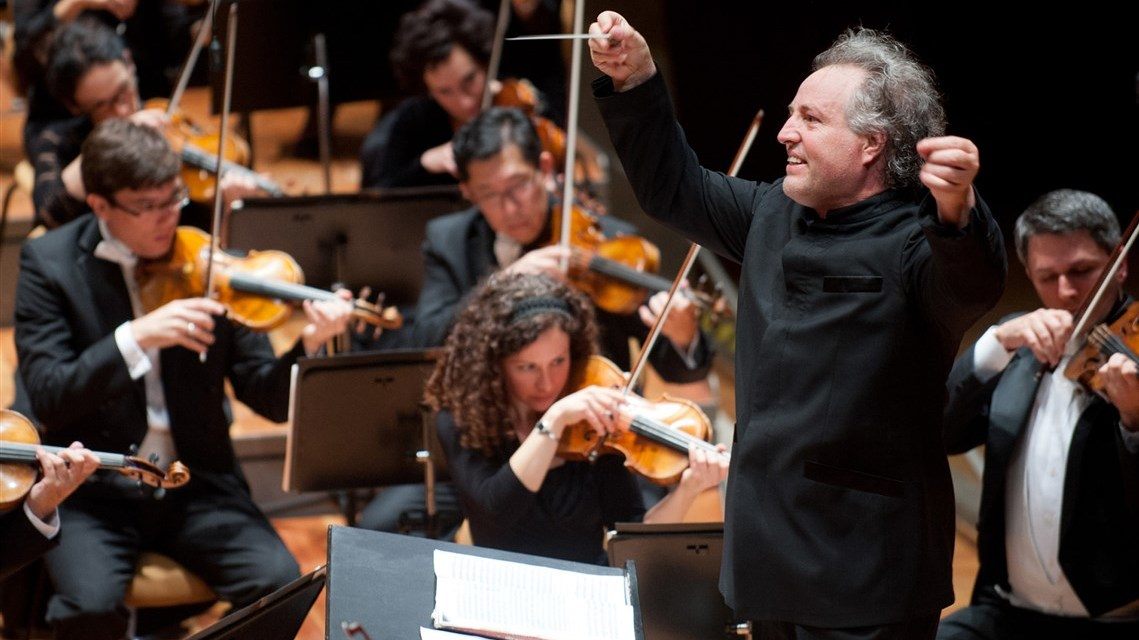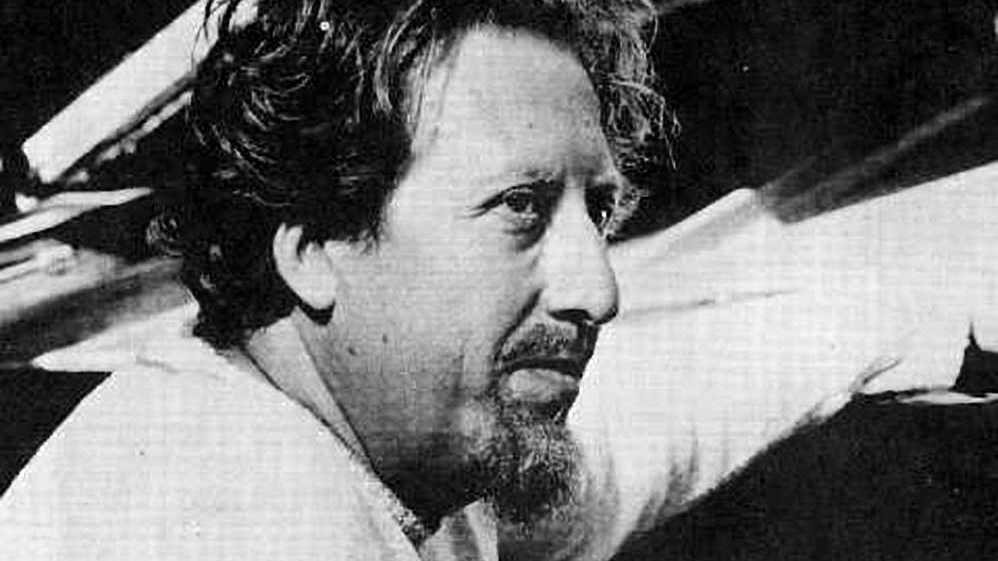John Adams’ “Harmonielehre” and the Ghosts of Late Romanticism
A terrifying raw energy, released in thirty-nine unrelenting E minor hammer blows… So begins John Adams’ monumental 1985 symphony in three movements, Harmonielehre. This titanic opening statement, which Adams has equated to “a grinding of gears,” sprang from a strange and vivid dream. For Adams, it brought a sudden end to a “perplexing and deeply disturbing creative block” which had paralyzed him for eighteen months. In his autobiography, Hallelujah Junction, the composer writes, At what seemed like the absolute nadir …







